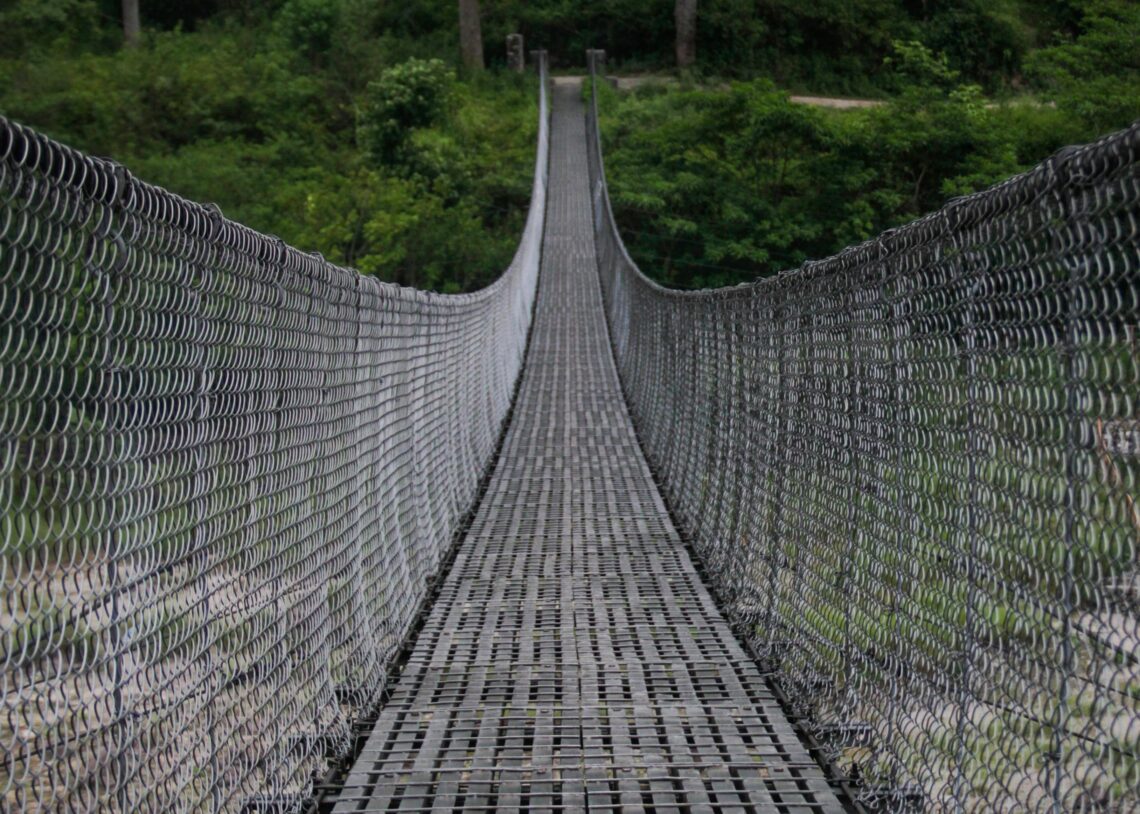Nepal, a land of breathtaking mountain peaks including the majestic Sagarmatha (Mount Everest), ancient temples, and vibrant cultural diversity, is more than just a tourist’s paradise. It’s a sovereign nation with a unique legal framework, nestled between India and China. With a population exceeding 30 million, its economy is growing, and international interactions, both commercial and personal, are on the rise. This increasing global connectivity often necessitates the service of legal documents from foreign jurisdictions into Nepal – a task that presents a distinct set of challenges and complexities.
Successfully serving legal documents across international borders is a critical component of due process. Failure to effect proper service can lead to significant delays, dismissal of cases, or judgments that are unenforceable. When the destination is Nepal, understanding the local landscape – both literally and legally – is paramount. This is where the expertise of a reliable Process Server Nepal becomes not just beneficial, but often essential.
This guide aims to shed light on the intricacies of international service of process into Nepal, highlighting the common hurdles and underscoring the indispensable role of a professional Process Server Nepal.
Understanding the Nepalese Legal & Logistical Landscape
Before delving into the methods of service, it’s crucial to appreciate the context:
- Legal System: Nepal’s legal system is primarily based on civil law principles, with common law influences, particularly from India and the UK. It has its own distinct codes and procedures. Critically, Nepal is NOT a signatory to the Hague Service Convention. This is a fundamental point, as it means the streamlined processes available for Hague member states do not apply here.
- Geographical Challenges: Nepal’s topography is famously diverse, ranging from the flat Terai plains in the south to the rugged, high-altitude Himalayan region in the north. Many areas, especially outside major cities like Kathmandu, Pokhara, and Biratnagar, have limited road infrastructure. Reaching individuals in remote villages can be a time-consuming and physically demanding task, requiring deep local knowledge that a dedicated Process Server Nepal would possess.
- Addressing System: Unlike many Western countries with highly structured addressing systems, locating individuals in Nepal can be challenging. Addresses might be vague, based on local landmarks, or simply list a village and district. A Process Server Nepal with on-the-ground networks is better equipped to navigate these ambiguities.
- Language & Culture: The official language is Nepali. While English is spoken in business and some urban circles, official documents often require translation. Moreover, cultural sensitivities and local customs must be respected during the service process to ensure cooperation and avoid offense. A local Process Server Nepal inherently understands these nuances.
- The Role of the “Tameldar”: Traditionally, within Nepal’s domestic legal system, the Tameldar (a court-appointed bailiff or process server) is responsible for serving summons and notices. While efficient for domestic matters, relying solely on this system for international service originating from a foreign court can be slow and lack the specific feedback required by foreign legal teams.
Challenges in Serving Legal Documents in Nepal from Abroad
Given Nepal’s non-membership in the Hague Service Convention, plaintiffs from foreign jurisdictions face several hurdles:
- Letters Rogatory (Letters of Request): This is the primary formal diplomatic channel. It involves a request from a court in your country, through diplomatic channels (e.g., your Ministry of Foreign Affairs to Nepal’s Ministry of Foreign Affairs, then to Nepal’s Ministry of Law, Justice and Parliamentary Affairs, and finally to the appropriate Nepalese court for service). This process is notoriously slow, often taking many months, if not over a year. While it’s the most formally recognized method, its impracticality for time-sensitive matters is a major drawback. A Process Server Nepal can often expedite parts of this, or offer a more direct alternative.
- Language Barriers: Legal documents must typically be translated into Nepali to be considered validly served and understood by the recipient. Ensuring accurate legal translation is crucial.
- Proof of Service: Obtaining a proof of service (Affidavit of Service) that is acceptable to the originating foreign court can be complex. The documentation needs to be precise and often notarized or apostilled (though apostilles are more relevant to Hague Convention countries, robust notarization is still key). A skilled Process Server Nepal will be familiar with the documentation requirements of various foreign jurisdictions.
- Locating the Respondent: As mentioned, finding the individual or entity to be served can be like finding a needle in a haystack without local knowledge and investigative skills. This is a core competency of a good Process Server Nepal.
- Time Delays & Uncertainty: The lack of a standardized international treaty framework means there’s inherent uncertainty and potential for significant delays, impacting case timelines and legal costs.
Why Hiring a Professional Process Server Nepal is Crucial for Success
Navigating these challenges effectively almost always necessitates engaging a specialized Process Server Nepal. Here’s why their role is pivotal:
- Local Knowledge & Network: A reputable Process Server Nepal possesses an intimate understanding of Nepal’s geography, local customs, languages, and administrative nuances. They have networks of agents and contacts across different districts, enabling them to locate and serve individuals even in remote or poorly addressed areas.
- Efficiency and Speed: While formal diplomatic channels are an option, a private Process Server Nepal can often effect service much more quickly. They can bypass some of the bureaucratic layers (where legally permissible and appropriate for the type of service required by the originating court) and directly attempt service, significantly reducing turnaround times.
- Expertise in Nepalese Law & Procedure: An experienced Process Server Nepal understands the local legal requirements for valid service within Nepal, ensuring that the service, when completed, will be recognized as proper. They also understand how to document this service in a way that satisfies the originating foreign court.
- Overcoming Language Barriers: Professional Process Server Nepal services usually include or can arrange for accurate translation of legal documents into Nepali. Their agents are typically bilingual or have access to translators, ensuring the respondent understands the documents being served.
- Proper Documentation & Affidavits: This is a critical aspect. A competent Process Server Nepal will provide a detailed Affidavit of Service, outlining the date, time, location, and method of service, and the identity of the person served. They can often arrange for notarization of these documents to meet international standards, providing the foreign court with a reliable record.
- Increased Success Rate: Due to their specialized skills, local knowledge, and persistence, a professional Process Server Nepal significantly increases the likelihood of successful service, especially in difficult cases or when respondents are evasive.
- Cost-Effectiveness: While there’s an upfront cost, hiring a Process Server Nepal can be more cost-effective in the long run. Failed attempts at service, delays, or improper service can lead to case dismissals, requiring the entire process to be restarted, incurring further legal fees and court costs. A Process Server Nepal gets it right the first time.
- Navigating Informal Systems: In some instances, particularly in rural areas, local community leaders or informal networks play a role in identifying and locating individuals. A Process Server Nepal with strong local ties can navigate these informal systems effectively and respectfully.
- Peace of Mind: Entrusting this critical task to a professional Process Server Nepal allows legal teams abroad to focus on the substantive aspects of their case, knowing that the procedural requirements of service are being handled diligently and effectively.
Choosing the Right Process Server Nepal
When selecting a Process Server Nepal, consider the following:
- Experience: Do they have a proven track record of serving documents from international jurisdictions into Nepal?
- Network: Do they have coverage across Nepal, or are they limited to major cities?
- Communication: Are they responsive, transparent, and able to provide regular updates?
- Understanding of Foreign Requirements: Do they understand the specific proof of service needed for your jurisdiction?
- Reputation: Can they provide references or testimonials?
The Way Forward: Bridging the Gap
Serving legal documents in Nepal from overseas requires careful planning, an understanding of local complexities, and often, professional assistance. While the absence of Hague Convention membership presents challenges, it does not render service impossible.
By engaging a knowledgeable and reliable Process Server Nepal, legal practitioners can bridge the jurisdictional gap, ensuring that due process is observed and that their cases can proceed on merit. A professional Process Server Nepal acts as your crucial on-the-ground partner, transforming a potentially frustrating and lengthy ordeal into a managed and successful operation. Their expertise is not just a convenience; it’s a vital component for achieving effective international legal service in the unique and diverse landscape of Nepal. Remember, the success of your international litigation can hinge on this foundational step, making the choice of your Process Server Nepal a decision of paramount importance.
Contact us today for a free consultation or call +1 (800) 845-6093 to get started on your international service request. Visit https://processservercorp.com/
Click Here to Submit Your Process Service Assignment Now
Disclaimer: This article provides general information and should not be construed as legal advice. For specific situations involving international service of process, please consult with qualified legal counsel familiar with both the relevant jurisdictions and current treaty statuses.




